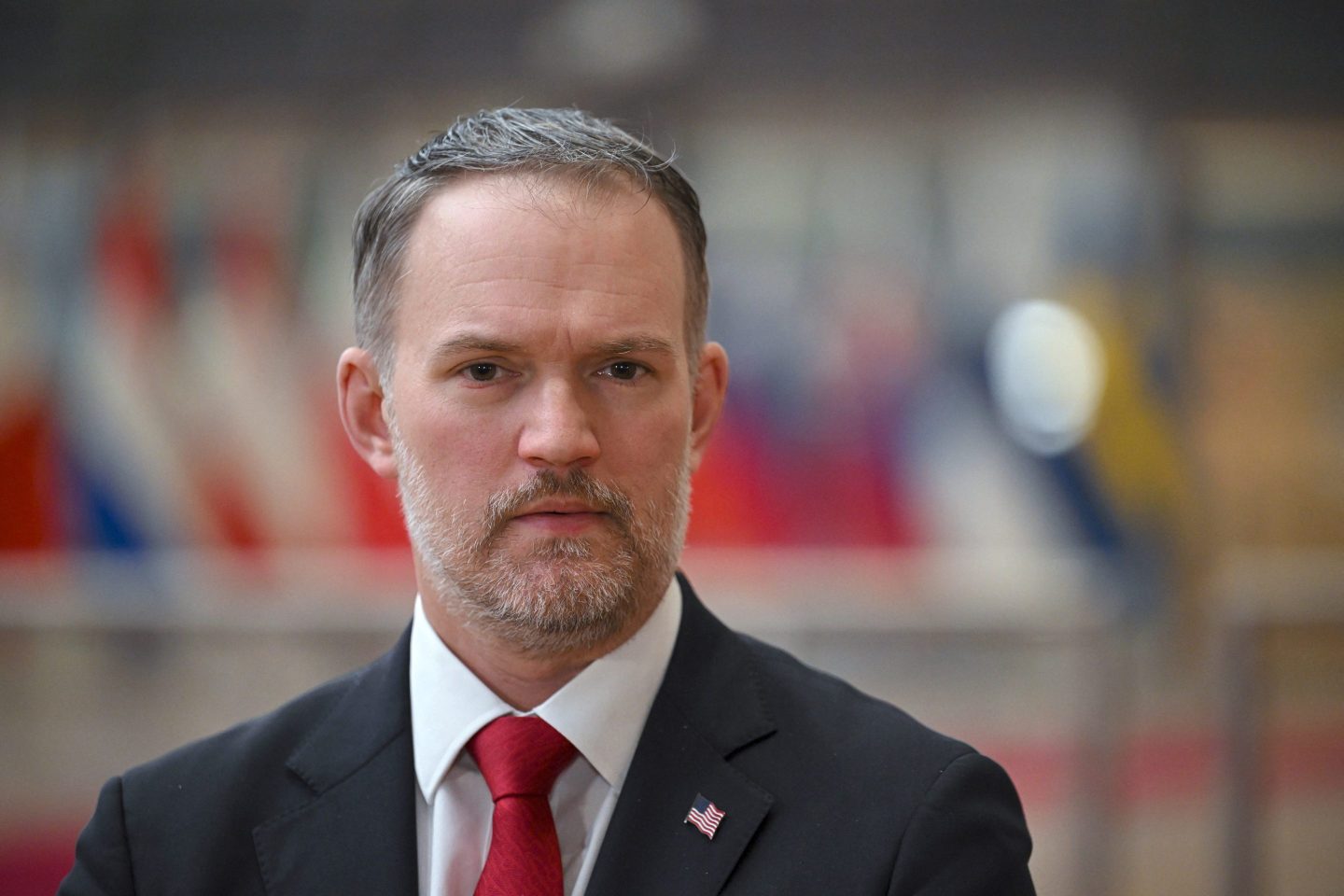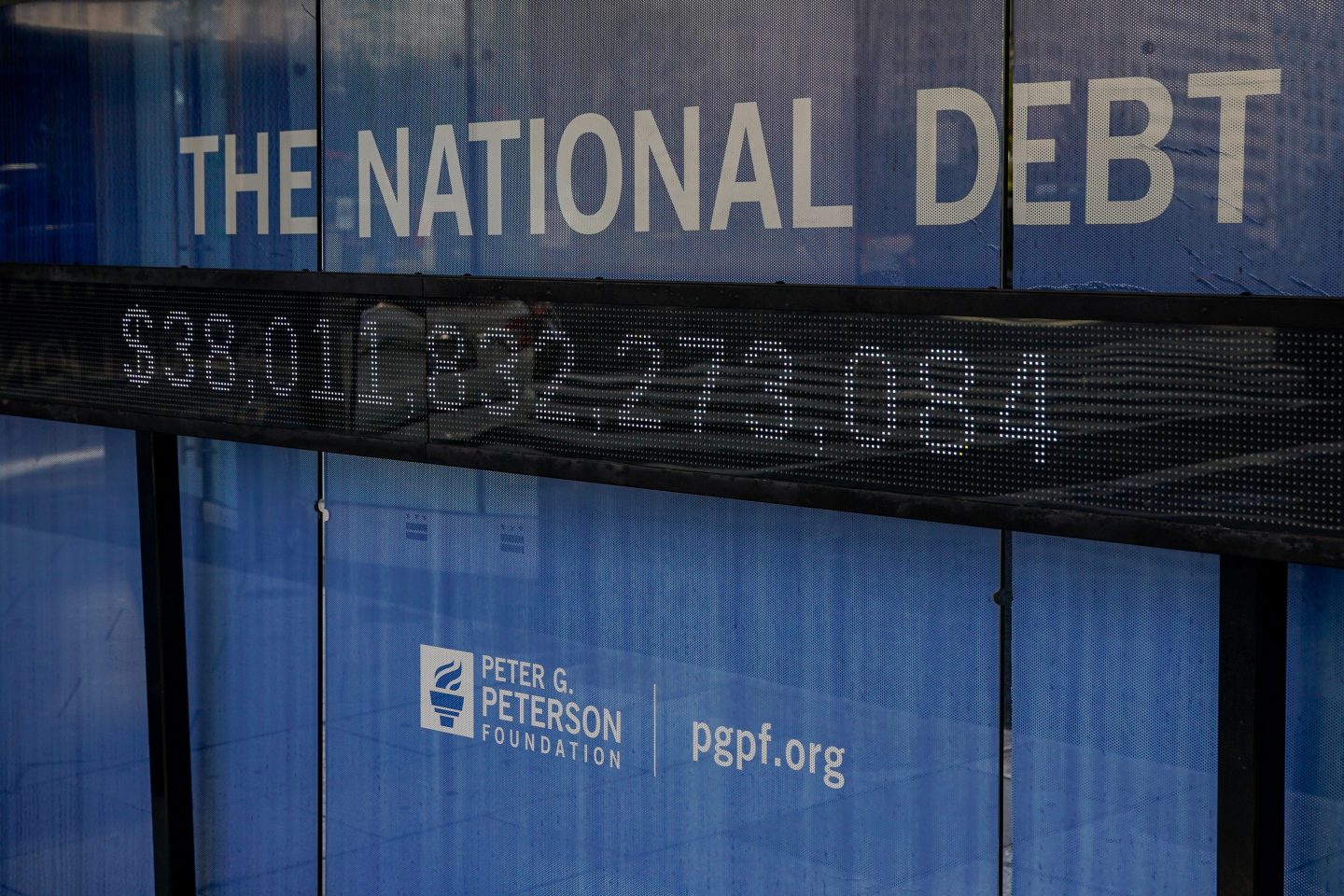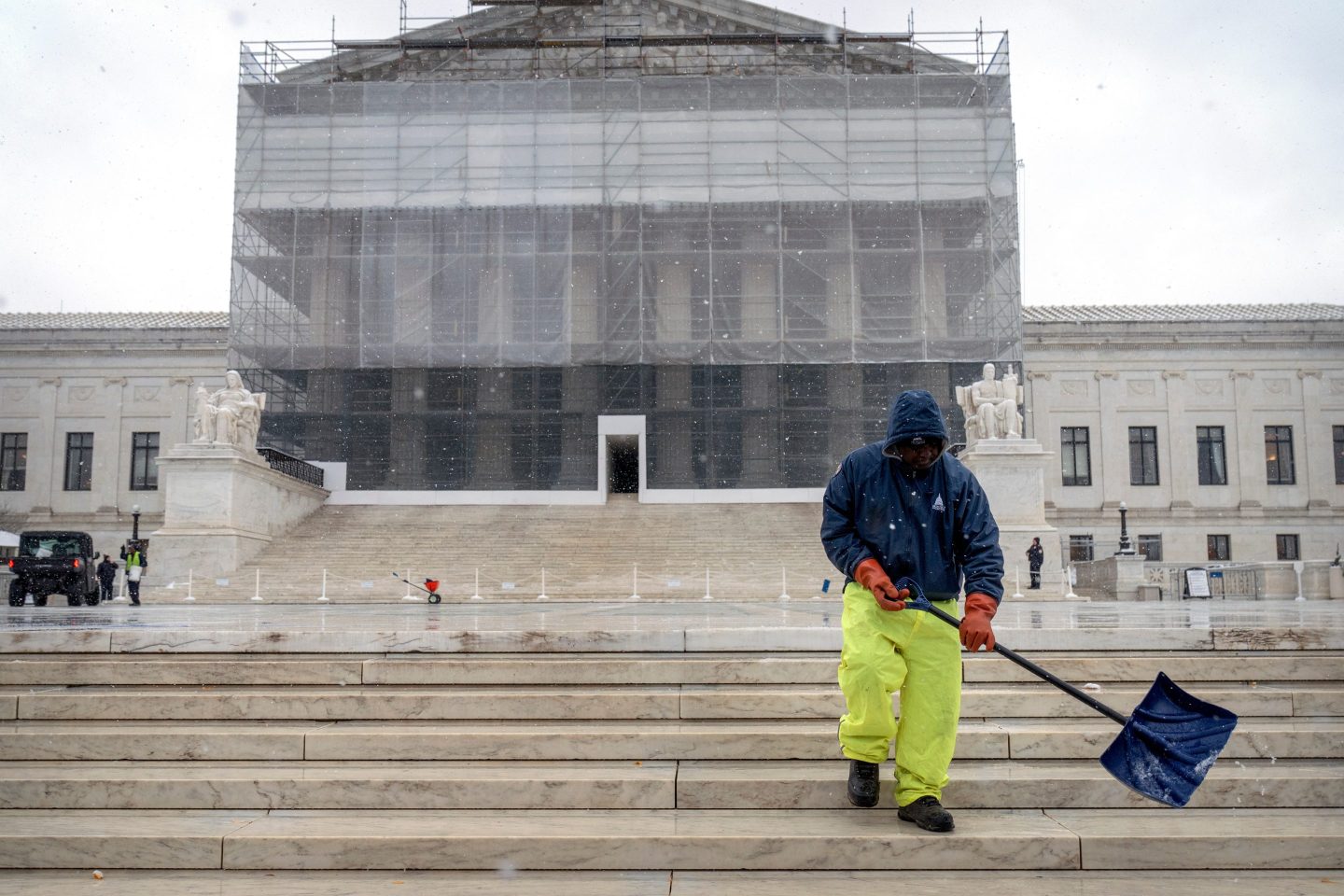Andrew Chung of Khosla Ventures recognizes that venture capitalists have lost hundreds of millions of dollars on battery startups, having severely underestimated the technology risk or business risk (or both). But he doesn’t believe he’s throwing good money after bad on Ambri, a Cambridge, Mass.-based maker of liquid-metal batteries for grid-scale energy storage that today is announcing $35 million in new funding.
“Grid-scale storage is a Holy Grail sort of project, and we’ve looked at between 100 and 200 different business plans that are trying to address it,” Chung explains. “This is the only chemical-based one that we’ve done.”
The chemical process Chung refers to was first developed in an MIT lab, and uses molten liquid within its batteries rather than conventional solid electrodes. It’s a relatively cheap process for storing wind and solar power — particularly compared to current “pumped-water” technologies that dominate grid storage — and also results in significantly less “fade” over time.
“We’re still basically on that original chemistry, because it’s continued to work over the past four years” says Ambri CEO Phil Giudice. “The technical issues we’re dealing with now are more about finding the best path to rack cells together and for putting them in cores. There are multiple solutions available for these issues, so we’re just trying to figure out the best ones to choose.”
The company late last year broke ground on a prototype manufacturing facility in Marlborough, Mass. — it already has prototype deals in four states — and expects to pick the site of its first commercial manufacturing facility within the next 18 months. Giudice didn’t tip his hand on where that new factory would be, except to say that the skill base needed would be “akin to welding steel.”
Chung adds that Ambri’s chemical process should cut down significantly on the amount of capital needed to get commercial manufacturing up and running. “You don’t need massive dry rooms or specialized buildings like that — in fact, you could repurpose an old Wal-Mart and put robotics inside it, if you wanted to,” he says. “It’s just a fraction of the $100 million ante you’d need to build a lithium-ion factory.”
KLP Enterprises, the family office of Karen Pritzker and Michael Vlock, and Swiss insurance agency Building Insurance Bern co-led the new financing round, alongside return backers Khosla Ventures, Microsoft (MSFT) founder Bill Gates and the venture arm of French energy company Total SA.
Sign up for Dan’s daily email newsletter on deals and deal-makers: GetTermSheet.com
Setting up a prototyping












